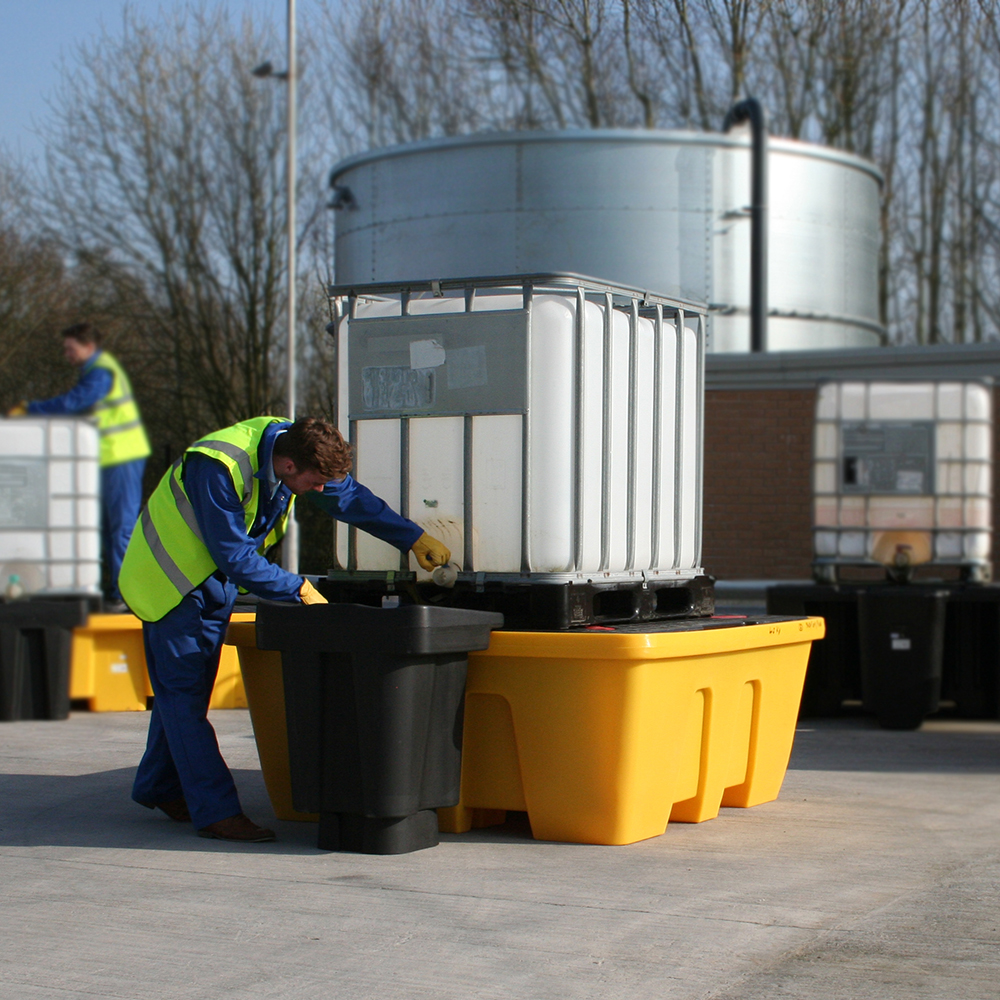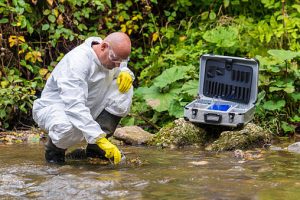
How to Prepare for an EPA Visit
Local councils and the Environmental Protection Agency (EPA) are out inspecting Australian workplaces, farms, homes and building sites for pollution. In this article we’re looking at environmental compliance, your duty of care obligations and what could happen to you in the event of a breach. Lastly, find out how you can prepare for an environmental compliance inspection and avoid fines.

Is Environmental Compliance Important?
Yes, environmental compliance is extremely important. The EPA partners with business, government and the community in their efforts to regulate the environment. It’s not just businesses being targeted either – individuals are being held increasingly accountable for environmental compliance. Individuals can be prosecuted under criminal law for environmental breaches, and in extreme cases, could receive up to 7 years’ imprisonment and a $1,000,000 fine.
Your Environmental Duty of Care Obligations
Businesses conducting activities where there is a spill risk must have sufficient and appropriate spill control and response equipment in place. Each state and territory has its own environmental protection legislation and regulators. The common thread through these various jurisdictions is the duty of care principle. This states that a person must not carry out any activity that causes, or is likely to cause, environmental harm unless the person takes all reasonable and practicable measures to prevent or minimise the harm. Basically, you must take every reasonable step to avoid a spill and prevent it from harming the environment.
If these reasonable steps are not taken, it constitutes an offence against the Protection of the Environment Operation Act. According to Section 116 of the Act, an offence could be:
(1) If a person wilfully or negligently causes any substance to leak, spill or otherwise escape (whether or not from a container) in a manner that harms or is likely to harm the environment:
(a) the person, and
(b) if the person is not the owner of the substance, the owner are each guilty of an offence.

Environmental Compliance Breaches
Those found to be in breach are likely to face some or all of the below:
- Formal warnings
- Licence conditions
- Notices and directions
- Mandatory audits
- Legally binding pollution reduction programs
- Enforceable undertakings
- Criminal prosecution
In extreme cases, wilful or negligent disposal of waste into the environment can result in the below maximum penalties:
- Maximum penalty for an individual:
- $1,000,000 and/or 7-year prison sentence for wilful offences
- $500,000 and/or 4-year prison sentence for negligent offences
- Maximum penalty for a corporation:
- $5,000,000 for wilful offences
- $2,000,000 for negligent offences
Real Life Business Pollution Fines
Below are some real life examples of businesses caught polluting. Note that fines aren’t the only punishment – offending companies are named and shamed, hurting business through reputational damage. We’re just using these examples to illustrate our point, so we’ve removed organisation names.
| Date | State | Pollution Type | Organisation | Fine |
| August 2021 | VIC | Sewage Spill into River | Dairy Farm | $1,983 |
| January 2019 | NSW | Stormwater Pollution | Painting Company | $8,000 |
| December 2017 | NSW | Sediment into Creek | Construction Company | $15,000 |
| March 2021 | NSW | Stormwater Pollution | Concrete Company | $23,000 |
| June 2019 | SA | Stormwater Pollution | Ship Construction | $26,445 |
Source: EPA
Proactive Prevention Measures
A proactive approach to environmental compliance is the best way to avoid a fine if you’re investigated. Pollution and contaminants entering stormwater is one of the most common environmental pollution offences. Businesses can mitigate this risk through safe liquid handling process, easily accessible spill kits and absorbents, bunded storage, dispensing equipment and hazardous storage cabinets. All of these solutions can help to prevent stormwater pollution and limit harm in the event of a spill.

With prevention being key, let’s look at some of the other ways you might get a visit:
- Random or periodic inspections can happen at any time
- Tip offs can occur from employees, visitors, or members of the public
- 3rd party detection can prompt investigations to find the source of the pollution
To reiterate, the best way to avoid investigation is to take all necessary steps to mitigate risk and do the right thing.
At Stratex we’ve developed an interactive tool to help you perform your own environmental site audit, which can be completed in as little as 5 minutes. Test it out by clicking the button below. For more information about environmental compliance solutions for your organisation, contact our friendly team on 1300 991 180 or email [email protected].









